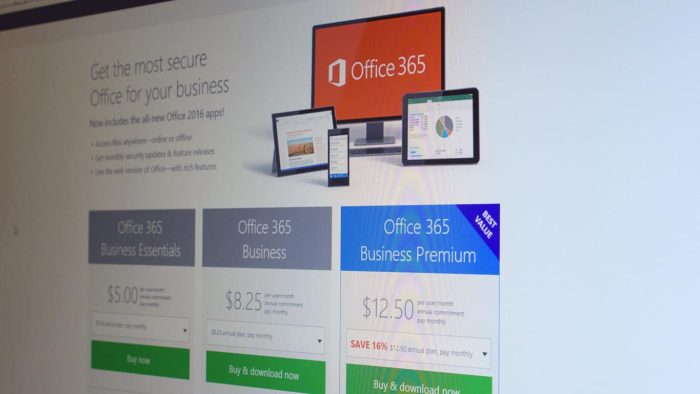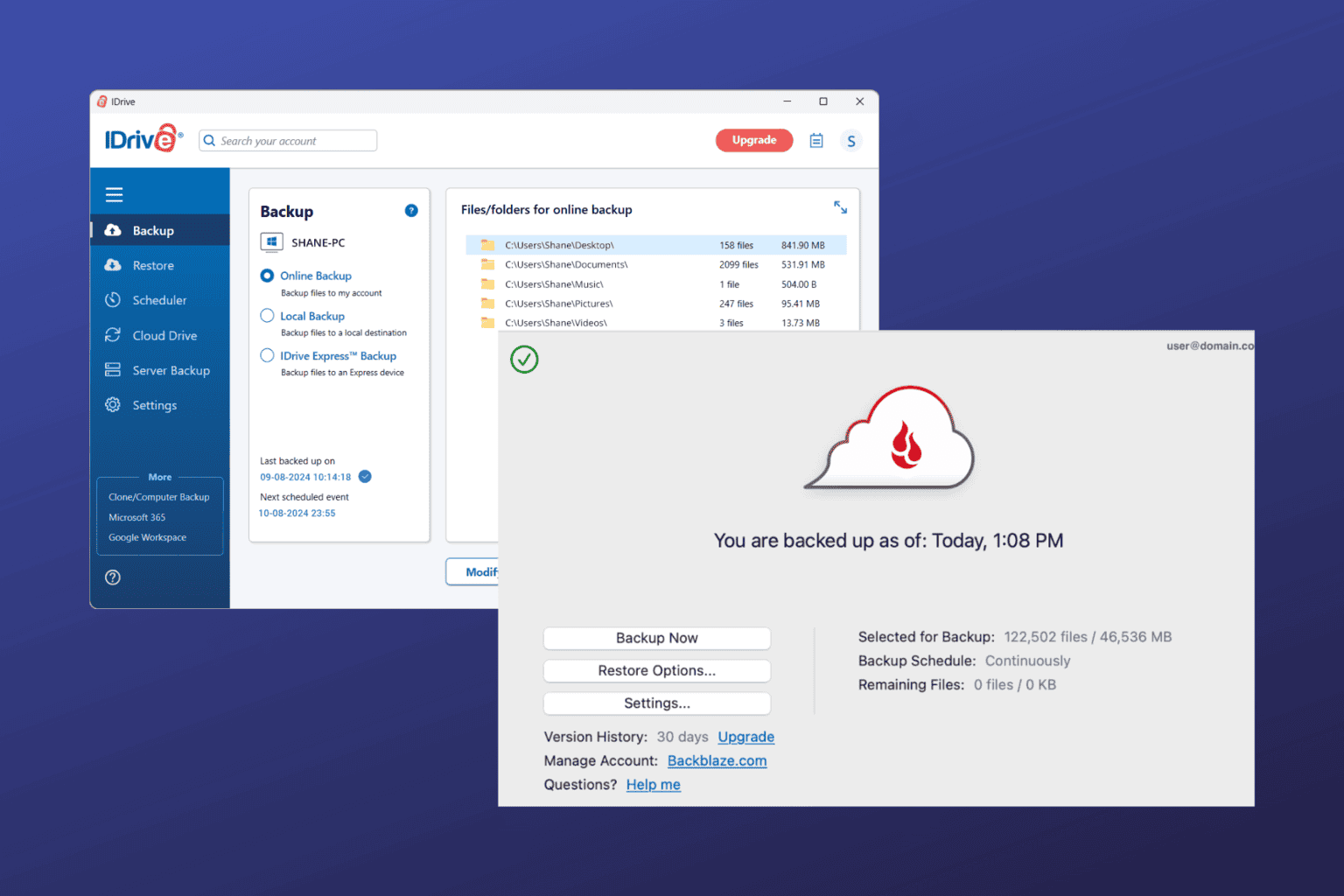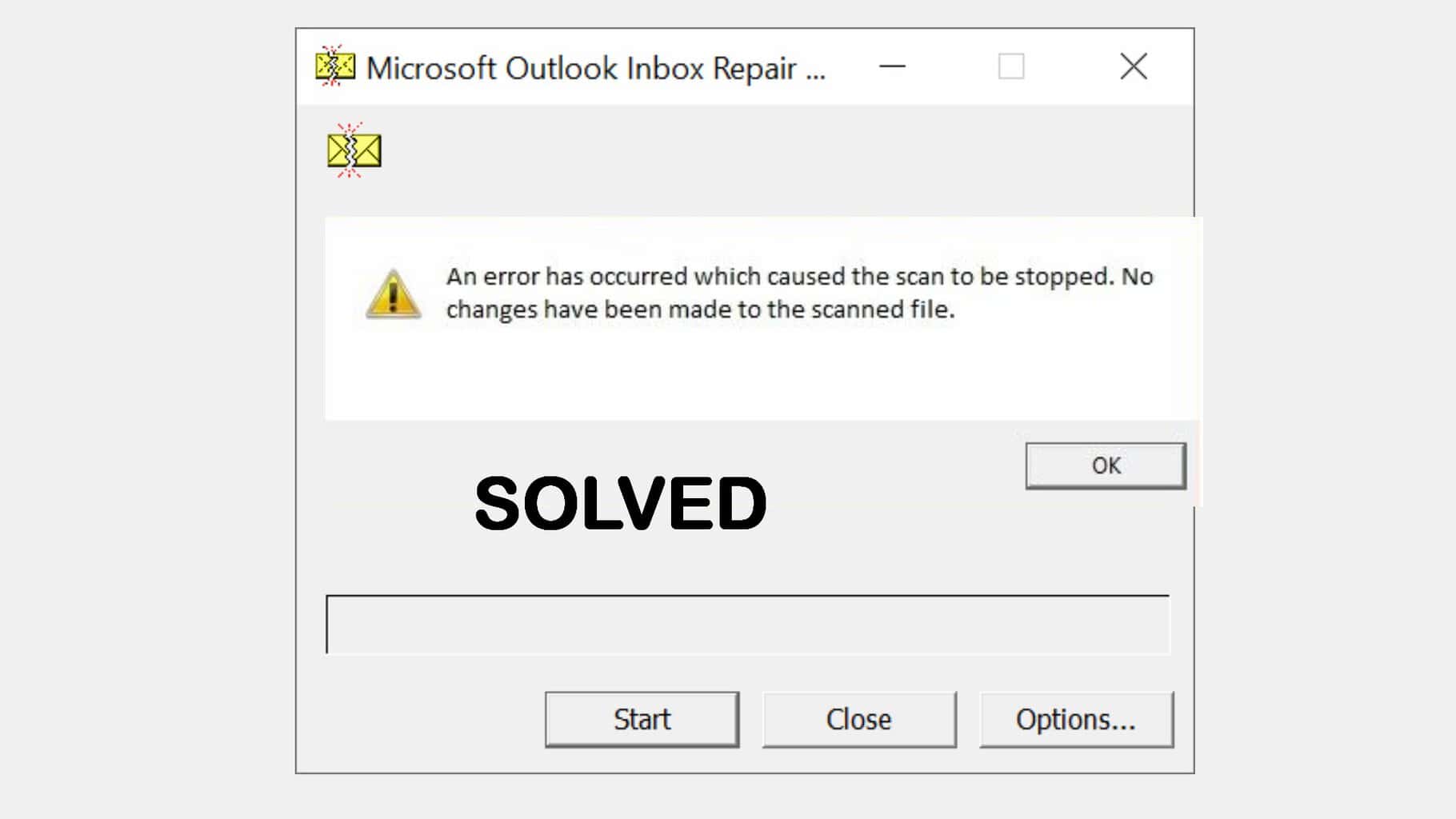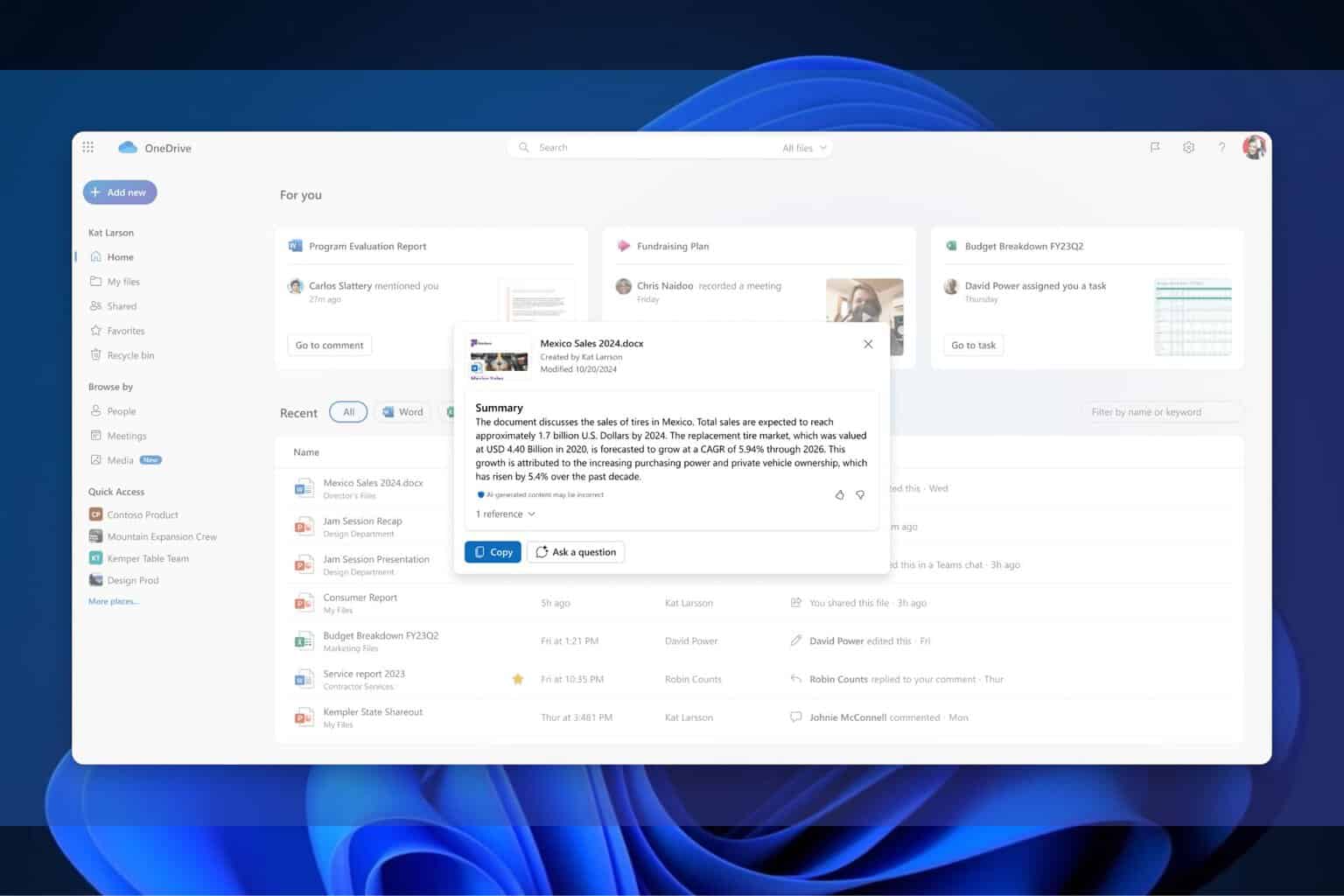Microsoft Office 365 is “one-stop shop for email compliance,” study shows
3 min. read
Published on
Read our disclosure page to find out how can you help Windows Report sustain the editorial team. Read more

Just a few years ago, “cloud” was still a buzzword that instilled both fear and wonder about an inter-connected world powered by the internet. Fast forward to today, and it has become prevalent in consumer technology and integrated deeply into everyday services. A big example is e-mails: multiple service providers are now competing to hosts users’ digital exchanges, offering gigabytes of storage accessible from any device.
Things are not quite so smooth for the enterprise sector. Unlike the normal consumers who can start utilizing the benefits of having an always available, constantly updated remote repository for email, big companies have years worth of business-sensitive data scattered across multiple technologies to worry about.
“Data governance is more than the marketing term that is often linked to promotional hype or fearmongering. It’s a primary responsibility that any business that has sensitive legacy data within an archive should be aware of. Companies need to see preparedness for eDiscovery as a priority and that the safeguarding of all data is the only preemptive defense,” – Barney Haye, founder and CEO of TransVault.
The effect is even more pronounced in heavily-regulated sector like health and energy, where data compromise is a threat not only to the organization but to the government. A cloud service provider for these enterprises must be able to support the migration of legacy data in compliance with regulations in place, in addition to already adhering to regulations for email storage. According to a recent study from TransVault, a leading developer of archive migration solutions, Microsoft Office 365 fully satisfies that requirement, earning the title “One-stop Shop for Email Records Compliance”.
“Microsoft Exchange (in its online form, part of the Office 365 SaaS platform) has an interesting relationship with compliance features, and over the course of its history has evolved significantly -from lacking any significant features to providing the full complement of features most organizations need in a modern business environment”- Steve Goodman, a Microsoft honored, most valued professional (MVP).
The report is the result of research over several years and experience from over 1,100 data migration projects. It found that Office 365 provides the full capabilities to protect corporate messaging data including mailbox storage, archive storage, journaling, search/eDiscovery, and more. Exchange Online, part of Office 365, recently meets SEC rule 17a-4, which is vital for financial institutions to even consider moving to the cloud.
“Our research team have worked diligently to produce this helpful manifesto on compliance and we hope it provides an important framework around how Microsoft Office 365 meets email compliance and good data governance requirements. Armed with this resource, those tasked with investigating Cloud propositions should have all the ammunition they need to convince business decision makers of Microsoft’s virtues,” Barney Haye, founder and CEO of TransVault
The European Union’s “Safe Harbour” ruling about customer data protection is only one example of how regulation compliance is important in case of legal action. In another blog post, TransVault CEO Barney Haye reveals that “any US firm worth greater than $1 billion has around 150 concurrent litigations at play”. Safeguarding emails, even during migration of legacy data, will make these legal affairs much less troublesome and costly for corporate legal departments. Microsoft is also serious about email threats, evident by its acquisition of analytics company Equivio last year.
Of course, there are also many hurdles and risks to overcome before corporate institutions can make a complete move to the cloud, or even adopt it in great number. Nevertheless, research like this shows that when they do, Microsoft with their ever-evolving services would be in a great position to welcome them into their embrace.









User forum
0 messages